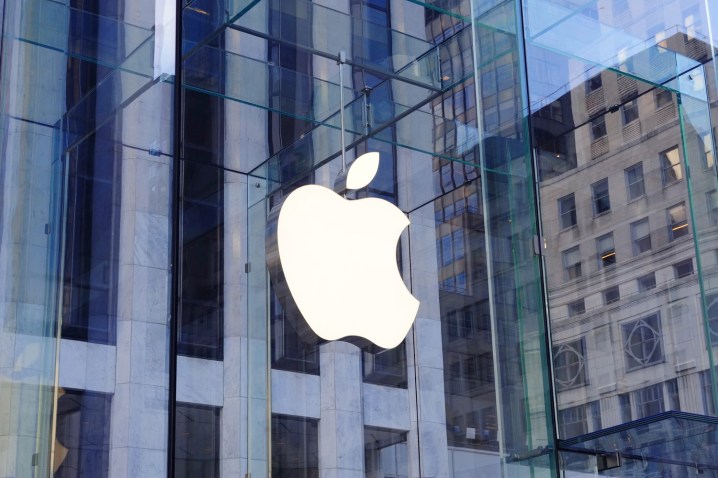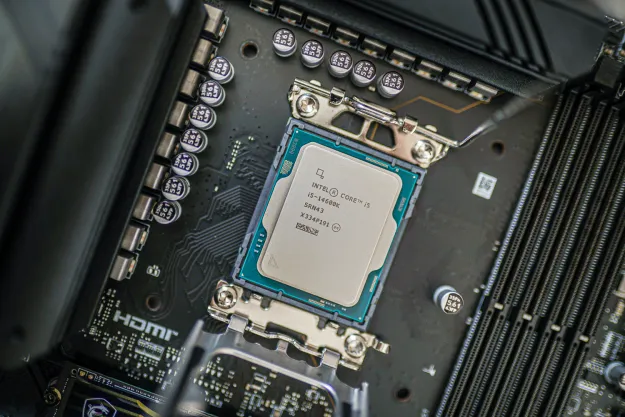
Not so long ago, a New York Times journalist took a look at just how much Facebook knew about him, and was horrified by the answer. Of course, this little experiment begged the question — how much do the other popular tech companies know about their users? To answer that, Jefferson Graham of USA Today looked into how much data Apple had collected from him, and was quite surprised by the answer — not that much.
Now, if you want to see exactly what Apple knows about you, that process has been made a little bit easier — though it’s rolling out first in the European Union. Apple’s new Data and Privacy website lets you download everything that Apple associates with your account, including your Apple ID, App Store activity, AppleCare history, and iCloud data.
For folks in the rest of the world, don’t worry — we’ll get this option in the coming months, too. Apple has also made it easier for you to update your information, deactivate your account, or permanently delete it.
But before we get into how you can go about doing this, let’s take a closer look at what Apple knew about Graham. Like many of us, Graham is quite the avid Apple user, and has an iPhone, iPad, and two Mac computers. As such, it seemed likely that the company could have a veritable treasure trove of key information on someone like Graham. But in a pleasant surprise, this was not the case.
Back in March, Apple made it a bit easier for folks to download their iCloud and Apple ID data in order to comply with European Union rules. Folks also now have the option of correcting personal information, deactivating accounts, or deleting them altogether. But unlike Facebook, these accounts aren’t quite as rife with data as you might expect.
As Graham reported, when Apple finally delivered the requested data (it did take quite a while — eight days, to be exact), it was in a zip file that was only 9 megabytes large. Compare that to Graham’s Google and Facebook files, which were 243 and 881 MB respectively. Part of the reason that Apple’s data package is about 1/100th of the size of
This, Apple says, is a testament to just how seriously the company takes user privacy.
As Graham noted, Apple had time stamps of every time he backed up his iPhone, uploaded photos to iCloud, and his email and physical address. The company also had a copy of every app and song Graham had downloaded over the years. However, Apple did not have the questions Graham had asked smart assistant Siri, even though the company does use user queries to make Siri smarter.
How does this work? Apple says that once you ask Siri a question, Apple uses a “random identifier to mask your identity.” So while Apple knows what questions people are asking, none of those questions can be traced back to a particular user.
While Graham’s data file did include his browsing history from his Macs dating back to July of 2017, Apple claimed to not track that information. That means that Apple doesn’t use this data to send targeted advertisements, again, a very different practice from Google and Facebook. That said, the company does use your data to sell targeted ads based on your activity in the News and App Store apps. You can actually see what information Apple is using here by going to Settings, Privacy, then Advertising. If you tap “View Ad Information,” you’ll see who’s targeting you.
While it’s not quite the case that Apple knows and collects nothing about and from its users, it’s quite clear that in comparison to companies that derive their revenue from advertising (which is to say, Google and Facebook), Apple has relatively little user information.
And with the new Data and Privacy website, you can reduce that information even further. In order to obtain a copy of your personal data (that is to say, information that is personally identifiable as being yours), you’ll need to visit privacy.apple.com. Then, under “Obtain a copy of your data,” click the Get started link. Once you click the boxes of data categories you want to see, you’ll press continue, and select your preferred maximum file size. Apple will send you your data in chunks, up to 25GB. Once you press Continue again, Apple will begin working on sending over your information. You’ll receive a notification when it’s ready to download, and after two weeks, this information will be automatically deleted.
You can also now elect to get rid of your Apple ID, which would mean that you’d be cut off from iTunes, iBooks, and the App Store. You also wouldn’t be able to access any iCloud data, or use iCloud services like FaceTime or iMessage. Apple would also delete all the data it has on you, and this is an irreversible process. So proceed with caution.
Updated on May 23: This is how you can download your own data from Apple.
Editors' Recommendations
- This one Apple Fitness feature completely changed how I exercise
- An Apple insider just revealed how iOS 18’s AI features will work
- When will Apple release iOS 18? Here’s what we know
- How much does an AI supercomputer cost? Try $100 billion
- How Intel and Microsoft are teaming up to take on Apple


